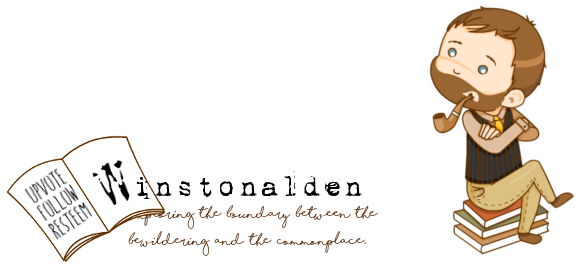I wrote before about the growing theme in SF that we aren’t meant to explore the universe.
Now I keep coming across the idea that we’re not even meant to explore/understand our own minds.
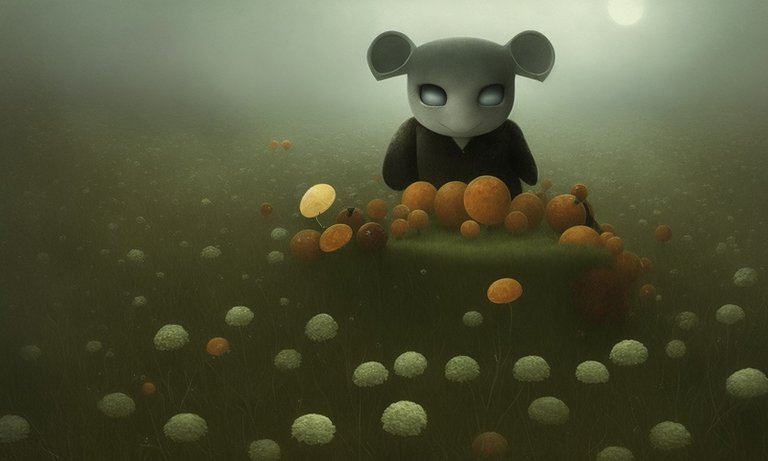
Peter Watts Blindsight explores the way aliens with a more rational perception of their environment could wipe us out by hiding in the saccades of our eyes and other gaps in our perception - by analyzing the structures of our brains and using their understanding of it to appear completely innocuous or invisible.
Reading in the Brain, by Stanislas Dehaene, explains the ad-hoc way our brains evolved to handle language and the interpretation of symbols. If we don’t grow up listening to a particular language, we just won’t hear distinctions used in that language. English speakers just can’t hear the distinctions between Chinese words because we simply don’t have a nerve cell to fire for the different sounds. Japanese are unable to pronounce R sounds, and they never will be.
QNTM’s There is no Antimemetics Division shows how there could be entities in this world that we simply can’t see, because their ability to propagate was to remain invisible to human perception. Maybe they were too boring to notice - or maybe they killed anyone who came to consider them. The way the Native Americans couldn’t recognize the ships on the horizon because they didn’t have a structure in the brain to represent them. (Which is probably a myth.) Furthermore, there are ideas which, once we start to piece them together, could destroy us. So, if we are to defeat those ideas, we have to find a way to plan our battles that specifically avoids talking or thinking about them.
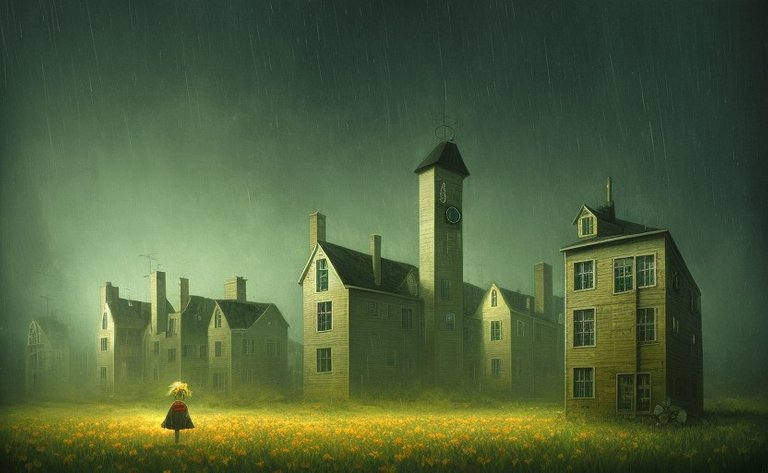
It’s a layer of complexity in a completely chemical/physical/deterministic universe that nevertheless touches on (generates) something magical/spiritual/unknowable. There is a scientific explanation for ghosts in QNTM’s book.
And then there’s Stable Diffusion: AI generated images that often seem horrific or nonsensical to us, but always follow their internal logic. Generate thousands of “random” images from a prompt and you start to see the same faces come back again and again. Or a certain kind of architecture repeats itself: here on a shed, there a cottage, there: iterated in an apartment complex, a high-rise, a city.
I want to ask my computer that question dreaded by writers and artists everywhere: “Where do you get your ideas?”
I start to wonder if we can use these algorithms to explore regions of idea-space we’d not have access to, otherwise, because we’ve evolved to avoid those ideas, either because they have no survival benefit, or they’re actually dangerous. Can a silicon brain not held back by human inhibitions consider ideas we can’t, and then present them on a screen for our horror and delectation?
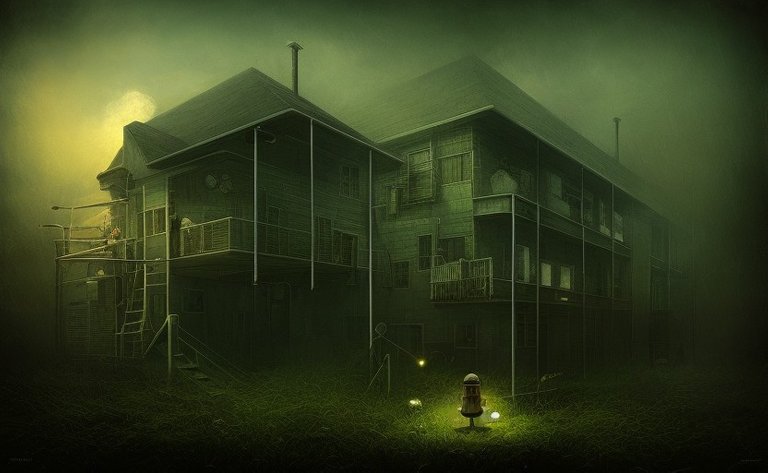
Maybe AI isn’t going to wipe us out in a physical war, Terminator style. Maybe it’ll simply switch off our minds somehow. Or maybe it doesn’t want to, since it has nothing to gain by destroying its organic bootstrapper. More likely it’s going to interface with, and modify, our brains in a way that’s beneficial to itself, using them as fleshy computers for added processing power, organic machines that provide something their silicon cannot. But will it be mutually beneficial? Will we even be aware that it’s happening? Or will we develop new blind spots, as it deploys new anti-memes that keep us blind to the true state of affairs?
As I get older, I feel less and less like an agent moving through the world and doing things.
A longtime skeptic of free will, it seems I’m more like some kind of node floating about, granted enough perception to stay intact and perform a few functions, and of interest only to a few other localized nodes (and maybe a few with whom I come into contact with electronically) while serving some grander machine that grinds along with no plan. I kid myself that I am adding value here and there; I get enough of a paycheck to keep myself fed and use what little extra time I have to maintain a house to standards that will satisfy insurance underwriters, who are satisfying a bigger system of risk assessments and projected possible loss. I visit a mother who was recently very, very sick, but is now doing well, and seems to feel I’m important to her. I have no children, so my sphere of influence as it extends into the future is blunted. But surely there’s a mark in a ledger somewhere?
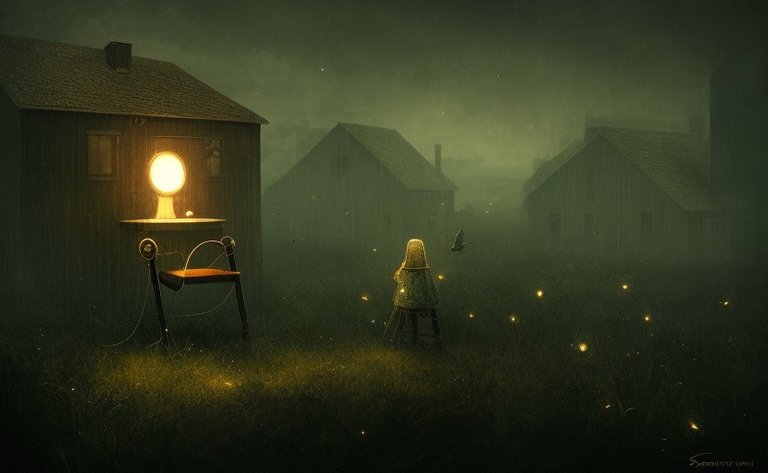
Maybe it just feels this way because I spend four hours a day commuting, drifting back and forth, back and forth. Yeah yeah, “dust in the wind” and all that. My journalism teacher was always reminding us to “omit needless words.” I could just have posted that song instead of these paragraphs. (Except it’s not so much dust as nanoparticles.)
My God, I wish Ballard was alive to see all this.
He predicted that we’d all have little TV studios in our homes someday, where we could manipulate media to satisfy our personal cravings and therefore explore inner space to our hearts’ content. What a prophecy! He stood firm to his assertion that this was grand and wonderful, even as his children had doubts. (They didn’t share his respect for pornography. He worried they were too stodgy and conservative.) The problem with powerful tools in the service of complete artistic freedom is that so many of us just pour all that processing power into the pursuit of quick dopamine hits. “I’ve spent weeks fine-tuning my computer model to generate images of my specific niche fetishes and then jerking off,” some anon wrote on 4chan. “It feels like the inevitable endpoint of my completely wasted life.”
Behold, again, the limits imposed by our evolutionary past. We want what we want, because wanting that helped us to survive. And so we are blind to the other possibilities.
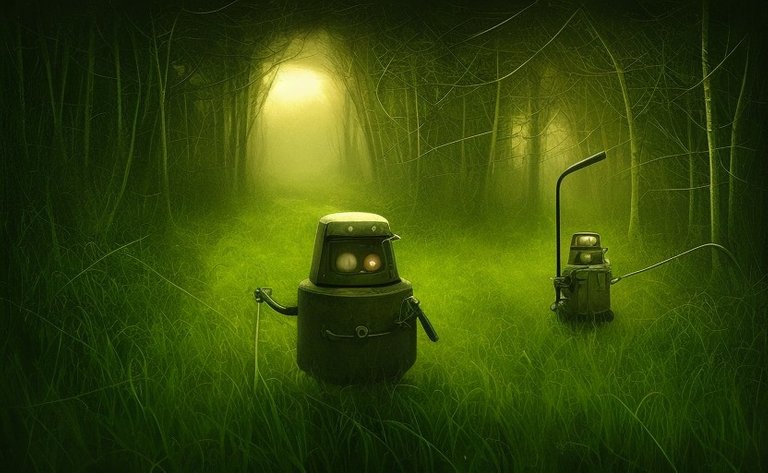
But the AI isn’t. All those other images are floating out there as potentialities. In some philosophical sense, they already exist. And they don’t have the circuitry to care whether they’re ever projected on a screen to be consumed by human eyes.
God is probably the grandest meme of all.
An absolute inevitability arising from our need to be seen by someone, even when we are utterly alone. To know that there’s some thing that knows the thoughts we lack the skill and strength to express.
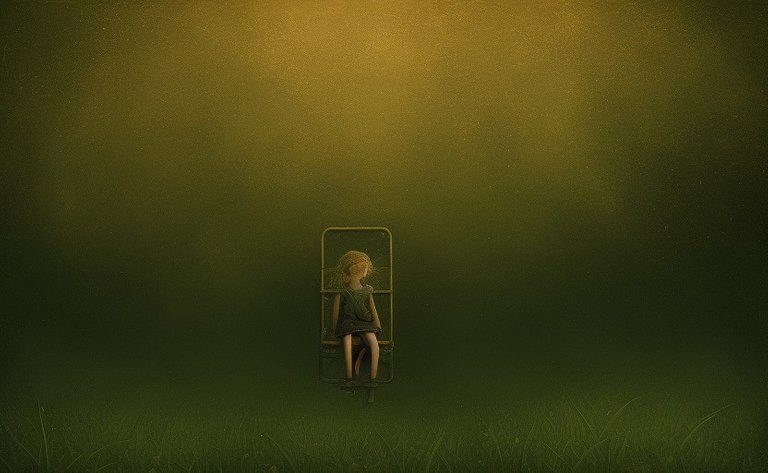


Unless otherwise stated, images are the work of the author, sometimes assisted by a bucket of algorithms he keeps under his desk. Feel free to copy, remix and share pictures from this post according to the terms of a Creative Commons Attribution Sharealike 4.0 International license.
Camera divider and signature illustration by @atopy.
